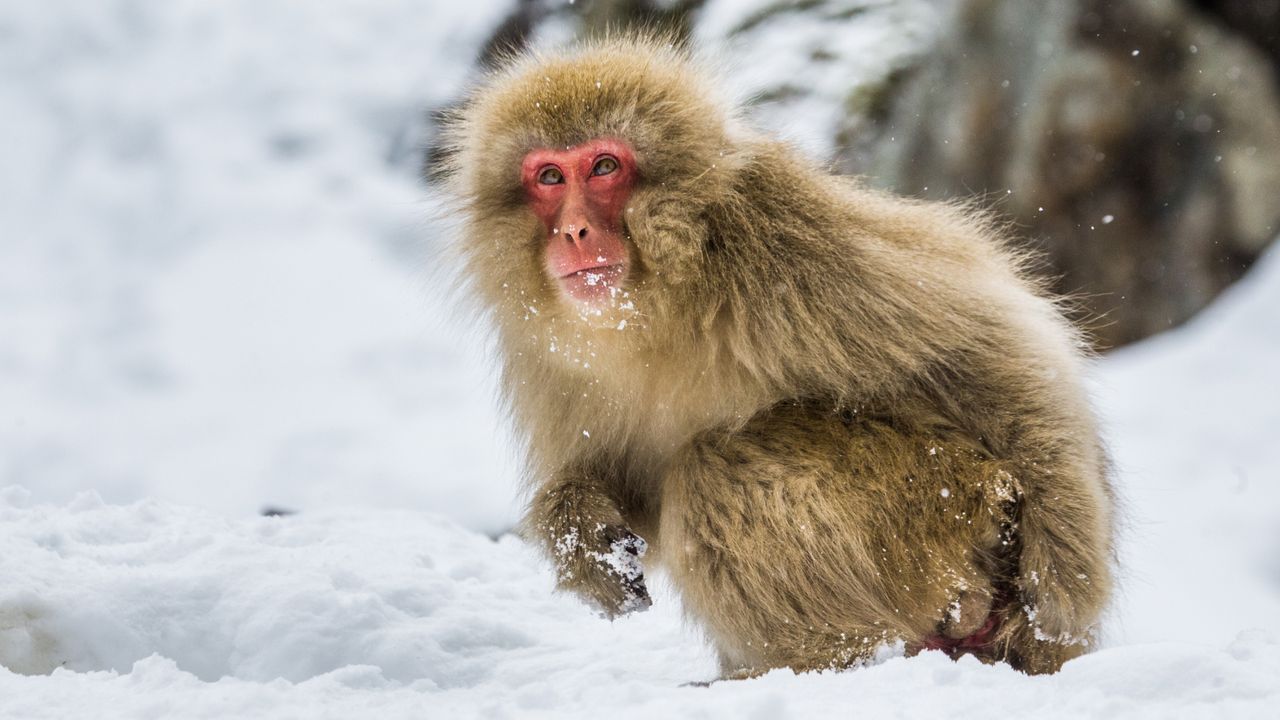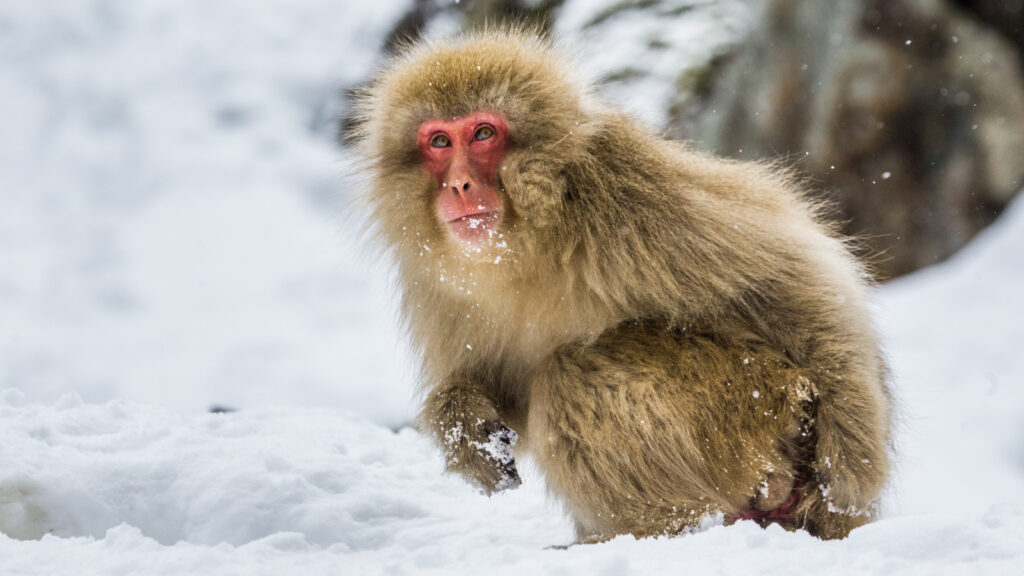
Most people imagine our early primate ancestors swinging through lush tropical forests. But new research shows that they were braving the cold.
As an ecologist who has studied chimpanzees and lemurs in the field in Uganda and Madagascar, I am fascinated by the environments that shaped our primate ancestors. These new findings overturn decades of assumptions about how — and where — our lineage began.
The question of our own evolution is of fundamental importance to understanding who we are. The same forces that shaped our ancestors also shape us, and will shape our future.
The climate has always been a major factor driving ecological and evolutionary change: which species survive, which adapt and which disappear. And as the planet warms, lessons from the past are more relevant than ever.
The cold truth
The new scientific study, by Jorge Avaria-Llautureo of the University of Reading and other researchers, maps the geographic origins of our primate ancestors and the historical climate at those locations. The results are surprising: rather than evolving in warm tropical environments as scientists previously thought, it seems early primates lived in cold and dry regions.
These environmental challenges are likely to have been crucial in pushing our ancestors to adapt, evolve and spread to other regions. It took millions of years before primates colonised the tropics, the study shows. Warmer global temperatures don’t seem to have sped up the spread or evolution of primates into new species. However, rapid changes between dry and wet climates did drive evolutionary change.
Related: Our ancient primate ancestors mostly had twins — humans don’t, for a good evolutionary reason
One of the earliest known primates was Teilhardina, a tiny tree dweller weighing just 28 grams — similar to the smallest primate alive today, Madame Berthae’s mouse lemur. Being so small, Teilhardina had to have a high-calorie diet of fruit, gum and insects.
Fossils suggest Teilhardina differed from other mammals of the time as it had fingernails rather than claws, which helped it grasp branches and handle food — a key characteristic of primates to this day. Teilhardina appeared around 56 million years ago (about 10 million years after the extinction of the dinosaurs) and species dispersed rapidly from their origin in North America across Europe and China.
It is easy to see why scientists had assumed primates evolved in warm and wet climates. Most primates today live in the tropics, and most primate fossils have been unearthed there too.
But when the scientists behind the new study used fossil spore and pollen data from early primate fossil environs to predict the climate, they discovered that the locations were not tropical at the time. Primates actually originated in North America (again, going against what scientists had once believed, partly as there are no primates in North America today).
Some primates even colonised Arctic regions. These early primates may have survived seasonally cold temperatures and a consequent lack of food by living much like species of mouse lemur and dwarf lemur do today: by slowing down their metabolism and even hibernating.
Challenging and changeable conditions are likely to have favoured primates that moved around a lot in search of food and better habitat. The primate species that are with us today are descended from these highly mobile ancestors. Those less able to move didn’t leave any descendants alive today.
From past to future
The study demonstrates the value of studying extinct animals and the environment they lived in. If we are to conserve primate species today, we need to know how they are threatened and how they will react to those threats. Understanding the evolutionary response to climate change is crucial to conserving the world’s primates, and other species beyond.
When their habitats are lost, often through deforestation, primates are prevented from moving freely. With smaller populations, restricted to smaller and less diverse areas, today’s primates lack the genetic diversity to adapt to changing environments.
But we need more than knowledge and understanding to save the world’s primate species, we need political action and individual behaviour change, to tackle bushmeat consumption — the main reason primates are hunted by humans — and reverse habitat loss and climate change. Otherwise, all primates are at risk of extinction, ourselves included.
This edited article is republished from The Conversation under a Creative Commons license. Read the original article.
